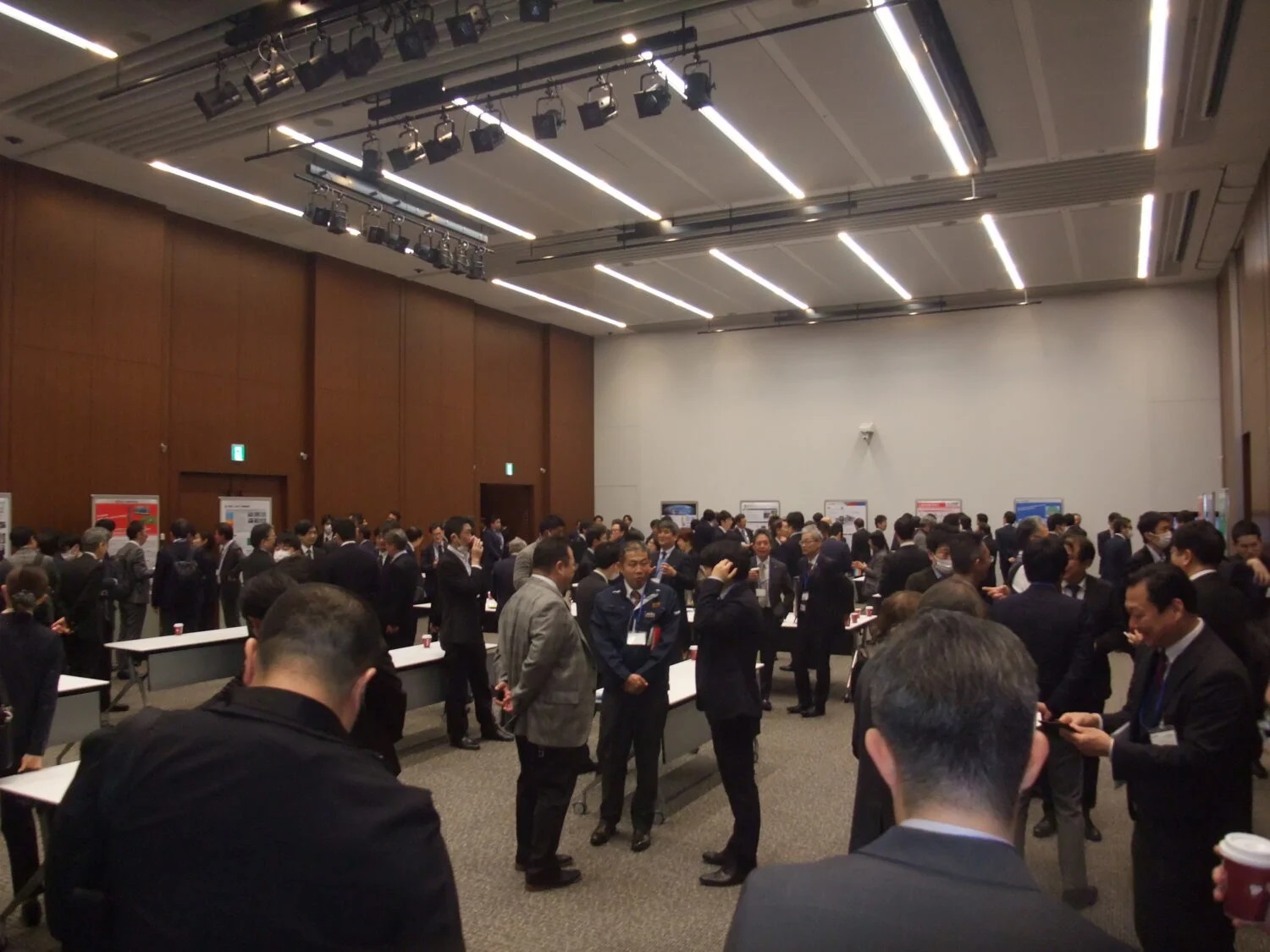Attendees were young professionals, engineers, and researchers, mostly working for organizations responsible for nuclear policy and nuclear regulation in countries considering introducing nuclear energy, as well as from Japan.
NEMS was launched in 2010 in Italy with the objective of developing young leaders in positions to influence the issuance and implementation of nuclear energy plans in their home countries. It provides a unique educational experience across a broad range of topics, including energy strategy, nuclear nonproliferation, international law, and economic and environmental issues, and cultivates basic abilities required in management.
Japan first hosted NEMS in 2012. Since 2014, Japan and the International Atomic Energy Agency (IAEA) have co-sponsored it. This year’s school was the 11th iteration in Japan, where it is operated by the Graduate School of Engineering of the University of Tokyo and the Japan Nuclear Human Resource Development Network (JN-HRD Net). The latter organization is a platform cooperatively supported by government, industry, and academia, and operated by the Japan Atomic Energy Agency (JAEA), the Japan Atomic Industrial Forum (JAIF), the JAIF International Cooperation Center (JICC), and others.
Lecturers and presenters are invited from domestic administrative bodies, electric power companies and nuclear vendors.
The 29 trainees this year came from 13 countries plus Japan: 18 trainees from Bulgaria, the Czech Republic, Estonia, Ghana, Indonesia, Jordan, Kazakhstan, Mexico, the Philippines, Poland, Saudi Arabia, Slovakia, and Vietnam, and 11 trainees from Japan. Also, this year’s NEMS was the first in four years to be held fully face-to-face, following the pandemic.
At an opening lecture on August 22, Associate Professor DEMACHI Kazuyuki of the Graduate School of Engineering of the University of Tokyo and chair of the Organizing Committee, heartily welcomed the trainees who, in the days ahead, would attend classes, participate in group work, and tour on-site facilities.
Next, Henri Paillere, head of the IAEA’s Planning and Economic Studies Section, spoke about the importance of nuclear power as a climate change countermeasure, and encouraged participants to build professional networks for the future through their training in Japan.
Following that, UESAKA Mitsuru, a former chair of the NEMS organizing committee, called international discussions “very important,” and emphasized the need to understand circumstances in other countries when developing and planning nuclear policy. He asked the trainees, on their scheduled visit to Fukushima, to observe the current state of decommissioning, including the matter of the ALPS-treated water at Fukushima Daiichi, and to “understand it well.”
Participants attended lectures and engaged in group work the University of Tokyo through August 25. From August 28 to September 1, then, they visited Ibaraki and Fukushima Prefectures to see the JAEA’s High-Temperature Engineering Test Reactor (HTTR) in Ibaraki, Fukushima Daiichi and Daini, and the Fukushima Hydrogen Energy Research Field (FH2R). On September 4 they returned to Tokyo for a final examination.
This year’s NEMS concluded on September 8.


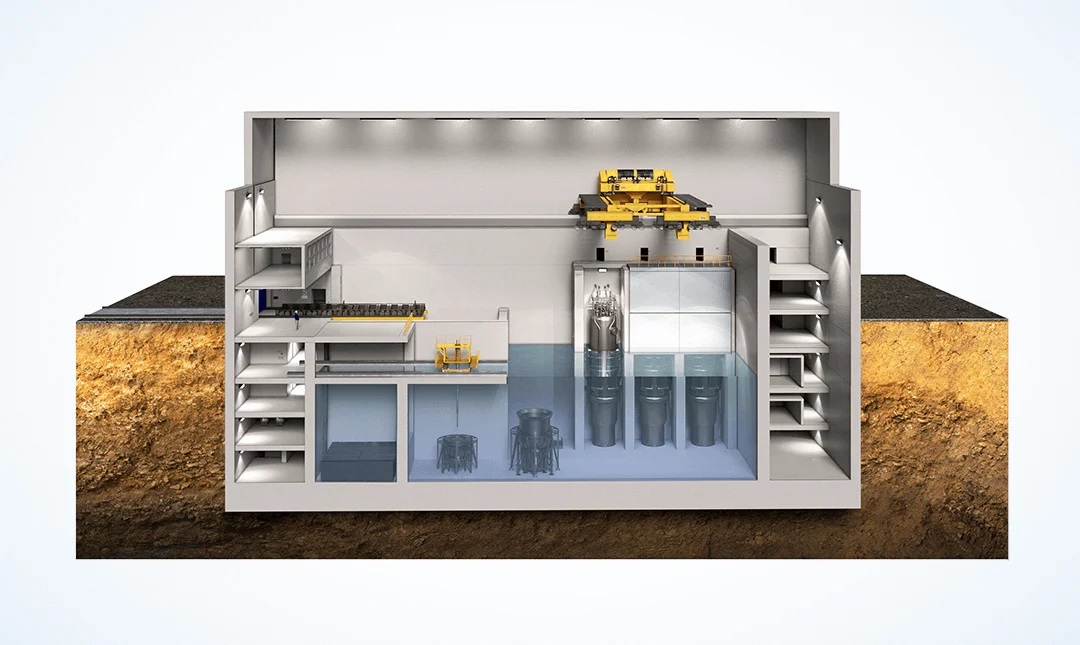
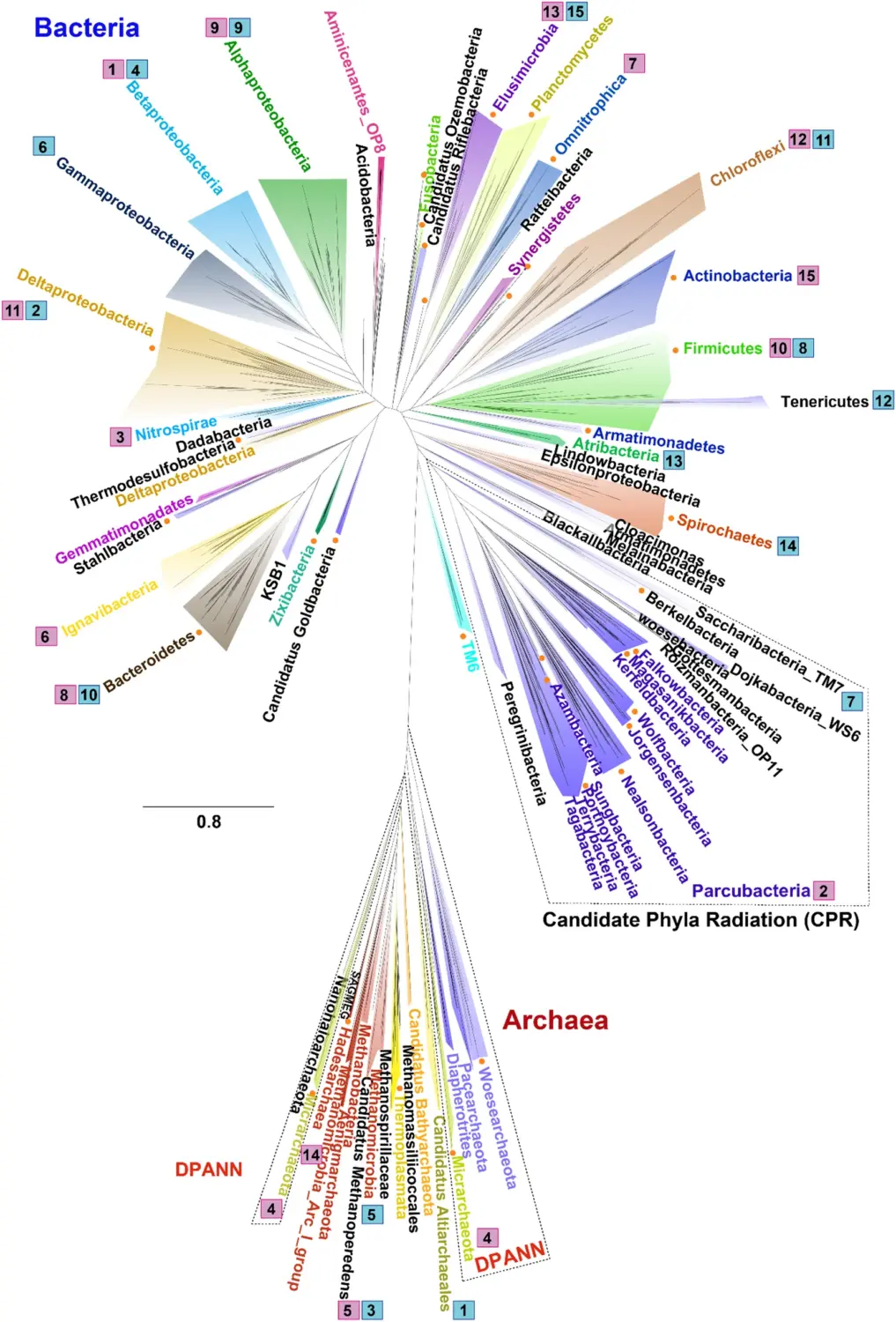
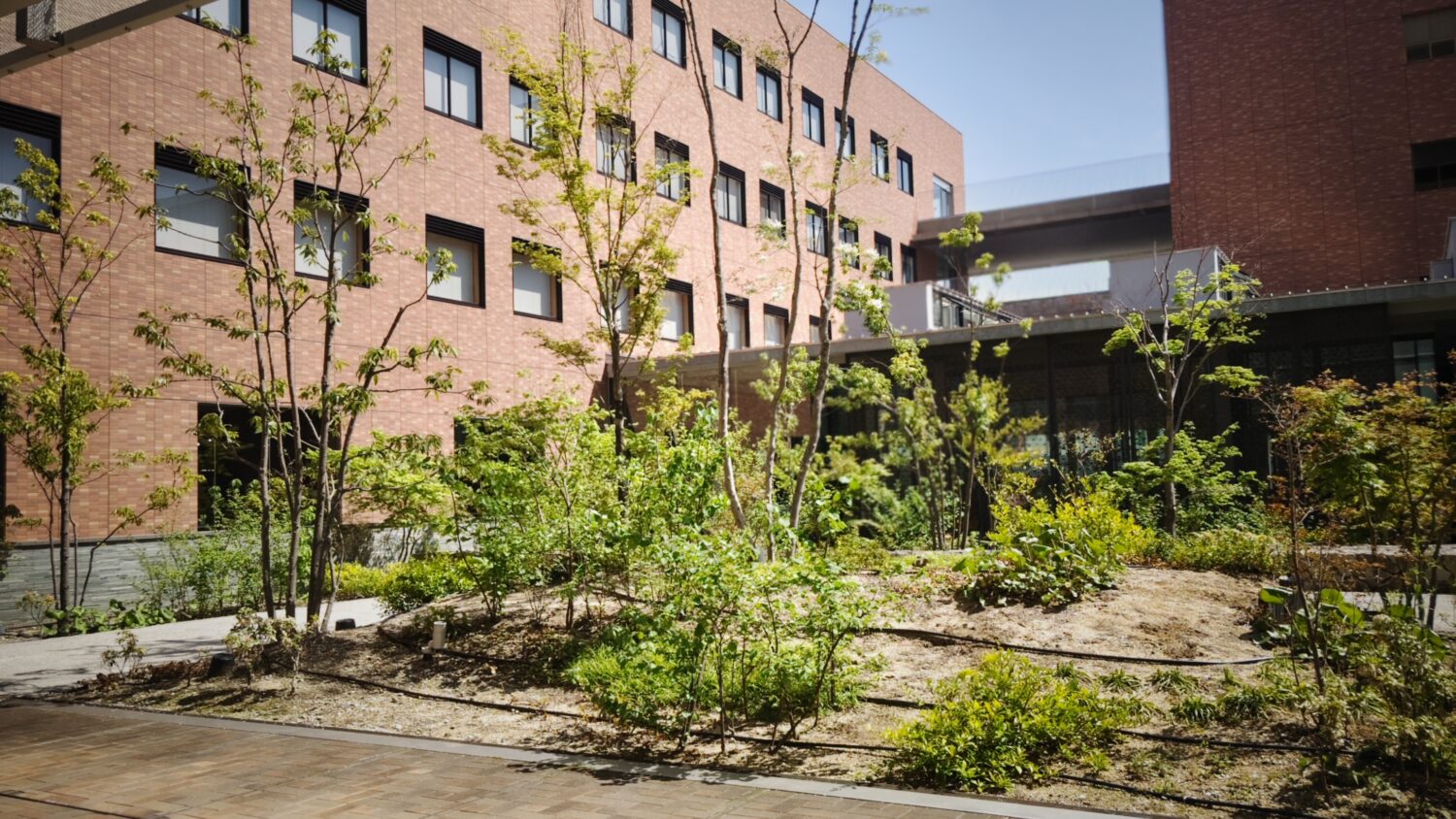

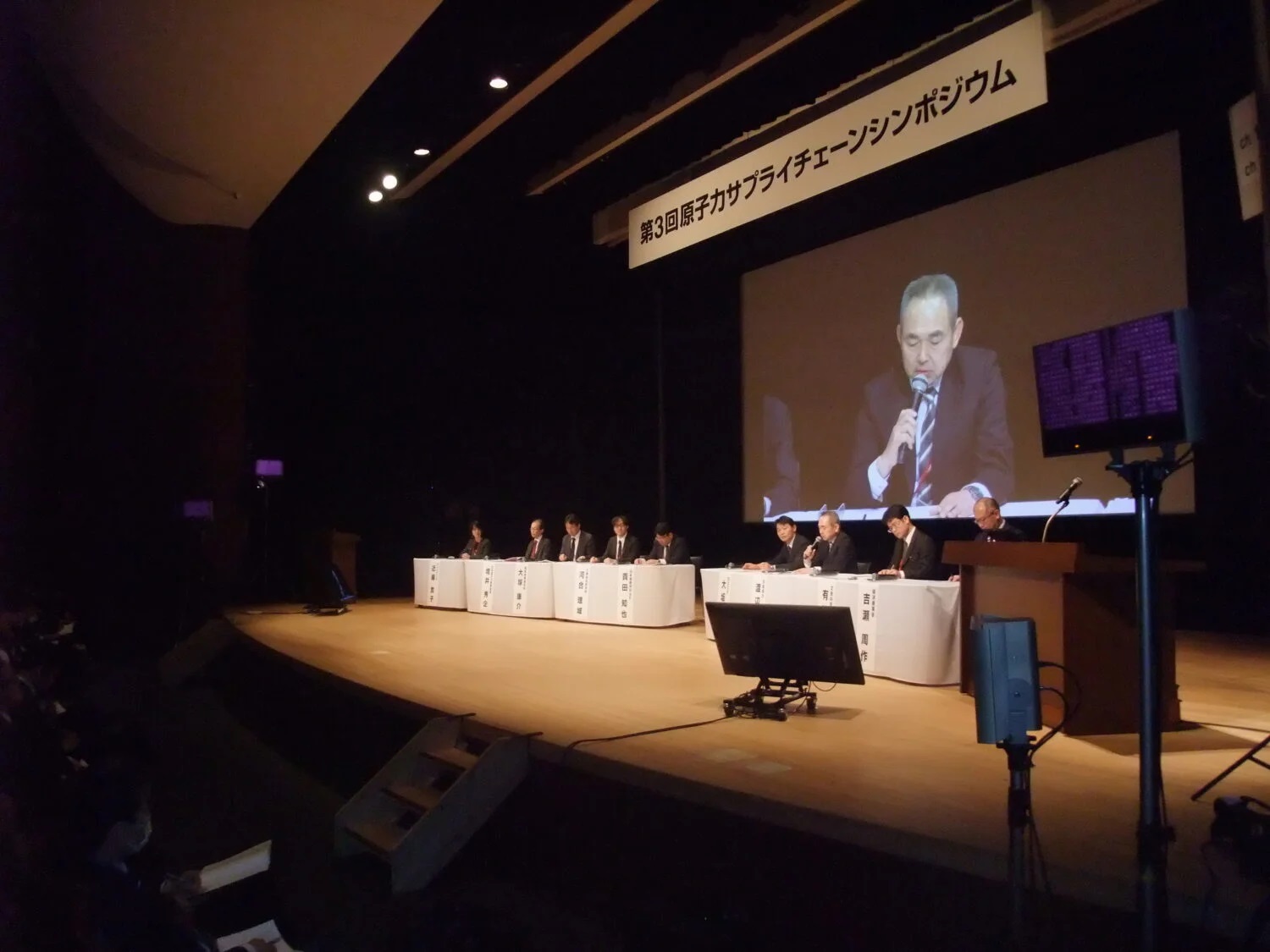
-1.png)


